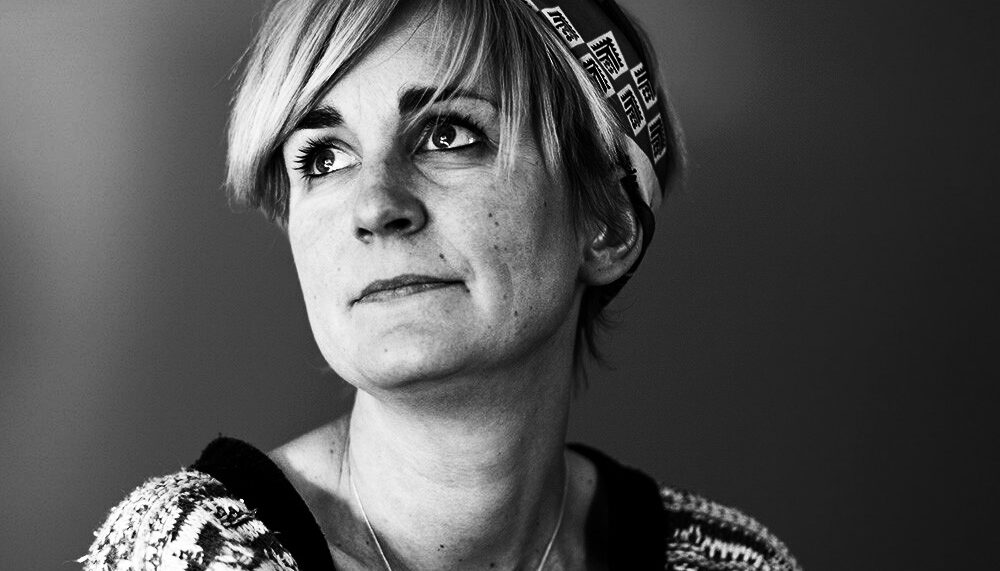
In the first of an occasional series on what members of the Alliance are doing in the field of rapid transition, we hear from Ruth Potts of Schumacher College, UK. Ruth lectures on a Masters programme focused on ecological design thinking and transition.
Here she writes about work already accomplished and the future challenges of rapid transition for the design community.
Design influences almost every aspect of our lives, from the clothes we wear to the buildings we inhabit and the visual landscapes of the everyday. It also influences whole systems that shape the way that we live. Now, a fast growing area of design research, practice and study, Transition Design, conceived and launched at the School of Design at Carnegie Mellon University, is setting out to play a key role to play in the transition to a more sustainable, equitable and convivial society.
Transition Design is one of a range of networks focused on transition, from Transition Towns to initiatives to visualise a ‘Great Transition’ and the Rapid Transition Alliance. These projects are redefining what we mean by transition by working towards the common goal of the ‘transition’ to post carbon, socially just and convivial societies and sharing a consensus about what, broadly speaking, needs to be done: rapid decarbonisation and the development of circular economies; decentralisation of economic and political structures; development of new kinds of systems through which everyone’s needs are met equally for food, energy, transport, monetary, health, and education, and the recovery of community and restoration of ecosystems.
Published by Schumacher College, The School of Design at Carnegie Mellon University, and the New Weather Institute in association with the Dartington Hall Trust and edited by Gideon Kossoff, this collection of edited essays taken from a 2016 Symposium of the same name asks the critical question: Can Design Catalyse the Great Transition? The collection includes one of the last pieces of writing from the late, great thinker and practioner of the new economy, Robin Murray. There are contributions from Ingrid Mulder and Derk Loorbach of the Delft University of Technology, Julie Richardson and Ruth Potts of Schumacher College, Andrew Simms of the New Weather Institute, Sevra Davis and Tony Greenham, then of the RSA, Emma Dewberry from the Open University, Lucy Kimbell of UAL and Beatrice Andrews, Tom Crompton of the Common Cause Foundation, Clare Brass then of the RCA, Julia Lohmann, Dan Lockton, CMU, Lucy Neal, and Hilary Cottam.
